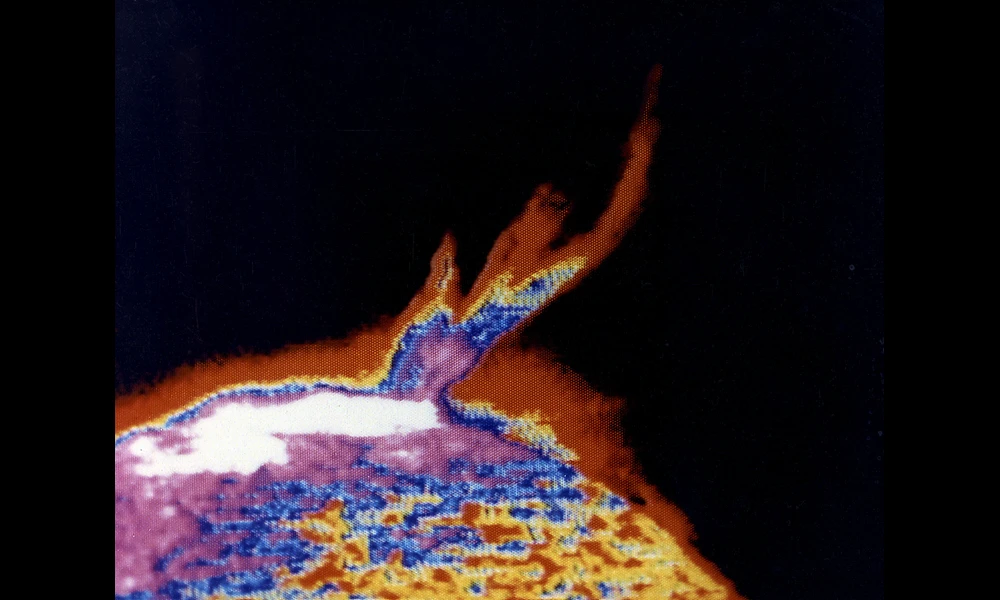New Approach to Quantum Vector Databases
Published on Sun Jul 09 2023 IBM System Q | reivax on Flickr
IBM System Q | reivax on FlickrNew Approach to Quantum Vector Databases Shows Promise for Faster and More Efficient Data Analysis
A groundbreaking new paper explores the potential of using quantum computing to create efficient and high-performance vector databases. The study, titled "Synthesis of Quantum Vector Databases Based on Grover's Algorithm," introduces a novel method for storing and searching data on a quantum computer, which could have significant implications for fields like Artificial Intelligence and statistical analysis.
Vector databases, which are widely used in AI-related applications such as machine learning and natural language processing, offer improved data organization, faster processing, and better scalability. They play a crucial role in information retrieval tasks and provide valuable context to assist large language models. However, existing databases face limitations in terms of context length and performance on classical systems.
This paper introduces an innovative approach to address these challenges. By leveraging Grover's algorithm, the researchers propose a method for creating quantum vector databases using Controlled-S gates. These gates represent numerical values and store multiple embeddings in one quantum register simultaneously. The search process is then handled by the quantum computer, while the creation of meaningful embeddings is done by a classical computer.
The authors demonstrated the effectiveness of their approach by conducting tests on both a quantum simulator and a universal quantum computer. The results showed promising improvements in querying large databases, even with diverse datasets. Notably, this approach can significantly enhance the information retrieval and analysis tasks of large language models by eliminating the need to process and analyze irrelevant data. In turn, this reduces the chances of generating incorrect or misleading outputs.
Moreover, the potential speedup and energy efficiency offered by quantum vector databases could have far-reaching implications. Fields that rely on analyzing vast amounts of statistical data, such as finance, medicine, and environmental research, could greatly benefit from the accelerated querying process and decreased energy consumption.
The researchers have made the proposed circuits and methodology available on GitHub, opening up opportunities for further exploration and application of this novel approach. As quantum computing continues to advance, the potential for harnessing its power in data analysis and information retrieval tasks appears increasingly promising.
In conclusion, this groundbreaking paper offers a new avenue for creating quantum vector databases based on Grover's algorithm. The potential speedup, improved efficiency, and enhanced data analysis capabilities offered by this approach have significant implications for a wide range of industries, particularly in the realm of Artificial Intelligence. With further research and development, quantum vector databases could revolutionize the way we store, process, and retrieve large volumes of data, leading to more accurate and efficient AI systems.



